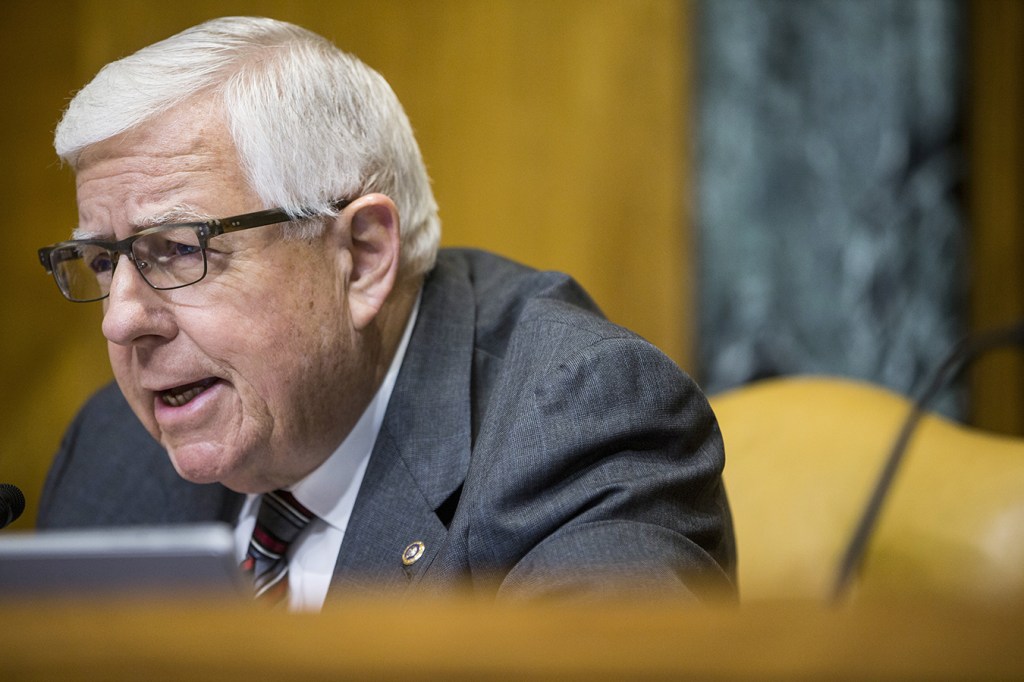It sounded like an answer to prayers for millions with diabetes struggling to pay soaring prices for insulin.
At a congressional hearing last month, Sen. Mike Enzi said an adviser had found “a foundation to import insulin for a number of people at lower cost.” The Wyoming Republican told the mother of a young man with Type 1 diabetes that his adviser “worked through a foundation so that it would be legal, and I will share that with you.”
Such a group could link patients to safe medicines while saving them hundreds or thousands of dollars a year. But it doesn’t appear to exist, leaving patients with diabetes to either pay sky-high U.S. prices or try to import cheap insulin on their own, which is technically illegal.
Enzi spokesman Max D’Onofrio said he was unable to identify the group. And neither the American Diabetes Association nor the Campaign for Personal Prescription Importation is aware of a foundation like the one Enzi described, officials at those groups said.
“I have no idea what Sen. Enzi was talking about, but I’d like to know,” said Gabriel Levitt, president of PharmacyChecker.com, which helps patients compare medicine prices and connect with foreign pharmacies.
Enzi spoke at a Jan. 29 hearing on drug prices held by the Senate finance committee. He was addressing Kathy Sego, whose son had skipped insulin doses to save the family money and was profiled by Kaiser Health News in 2017.
Sego said she wants more information but never heard back from Enzi’s office. “I have not heard of ANY foundation which helps people with insulin,” she said via email.
“Sen. Enzi talks to a number of informal advisers, constituents and stakeholders who are concerned about health care costs, including drug prices, and he was referring to an anecdotal conversation he had,” D’Onofrio said. Insulin list prices have risen as much as threefold in the past decade and patients can pay hundreds of dollars per month even with insurance.
While insulin makers Sanofi, Eli Lilly and Novo Nordisk often rebate a portion of those increases back to insurance companies and pharmacy benefit managers, patients’ share of the cost is often based on the list price. Uninsured patients have to pay everything themselves.
Insulin brands sold in the United States can be bought for less than half as much in Canada and Mexico, prompting unknown numbers of people to drive across the border or order insulin by mail.
Unauthorized importation of prescription medicine is technically illegal, but the Food and Drug Administration allows “entry of shipments when the quantity and purpose are clearly for personal use,” according to agency rules.
Insulin needs to be refrigerated, but some Canadian pharmacies will mail it in cold packs to the United States, patients report.
Just over a year ago, FDA criminal investigation agents searched stores in Florida that help consumers order many kinds of drugs from Canada and elsewhere. That suggests that a foundation importing insulin in bulk might be subject to the same kind of scrutiny.
For Enzi’s part, he “continues to have concerns that importing prescription drugs from other countries will not solve the problem of rising drug prices,” said his spokesman, D’Onofrio. “He hopes Congress takes real action this year to lower health care costs.”







